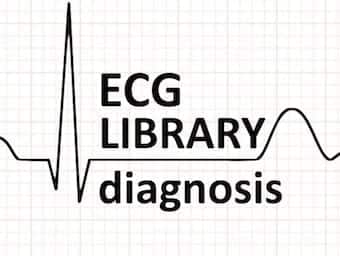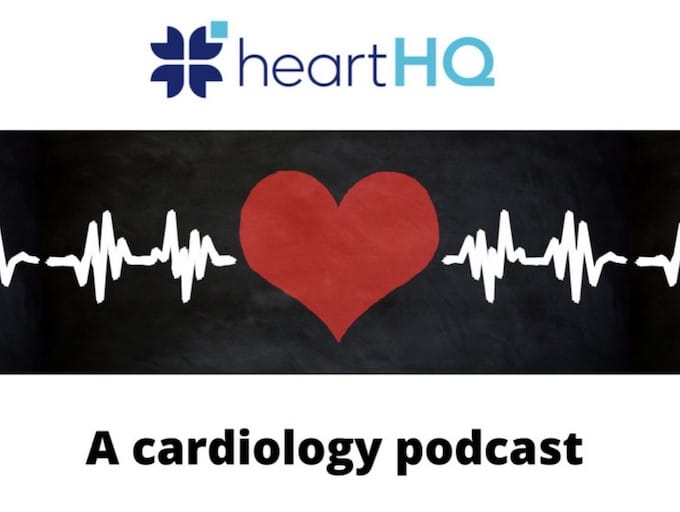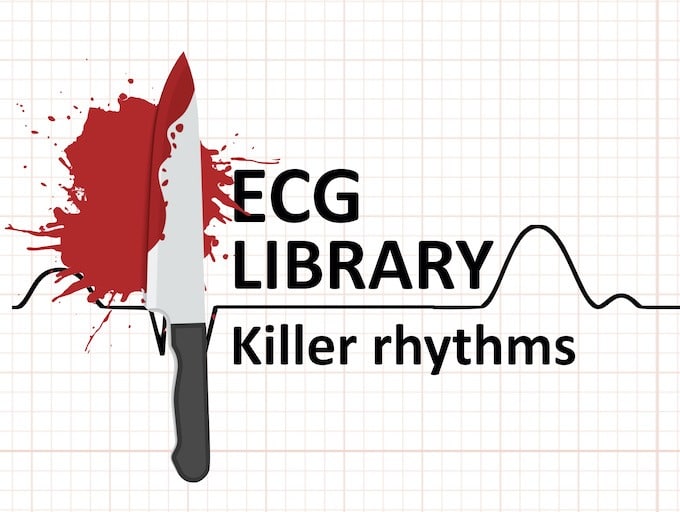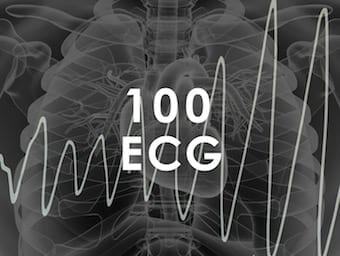
Apical hypertrophic cardiomyopathy (AHC)
Yamaguchi syndrome: Apical hypertrophic cardiomyopathy (AHC) Hypertrophic non-obstructive cardiomyopathy with giant negative T waves

Yamaguchi syndrome: Apical hypertrophic cardiomyopathy (AHC) Hypertrophic non-obstructive cardiomyopathy with giant negative T waves

Heart HQ - Episode 6: GP Education Conference at the beautiful Novotel Twin Waters Resort on the Sunshine Coast on Saturday 23rd October.

Heart HQ - Episode 5: TAVI. We discuss Transcatheter Aortic Valve Implant (TAVI). Traditionally, open heart surgery has been the main treatment option for aortic stenosis

The average Emergency Clinician is interrupted every 6 minutes. When busy, it can be tempting to quickly “sign off” an ECG. These are the patterns not to miss.

A man in his 40s with exertional chest pain and a small troponin rise. Is this just LVH? Bedside echo gives us the answer

A 24-year-old female presents following a syncopal episode. This case incorporates basic bedside echo into our ED work-up of syncope.

ECG from a 19 yr old referred by their GP for investigation of palpitations found at a routine medical review. The patient is asymptomatic with no past medical history or regular medications. Describe and interpret this ECG

36yr old male presented to the Emergency Department with a non-cardiac issue but an ECG was performed due to a pre-existing cardiac history. Describe and interpret this ECG. LITFL Top 100 ECG

Hypertrophic cardiomyopathy (HCM) is one of the most common inherited cardiac disorders (affecting ~ 1 in 500 people) and is the number one cause of sudden cardiac death in young athletes. Annual mortality is estimated at 1-2 %.

Hypertrophic Cardiomyopathy (HCM) results in characteristic ECG changes of "dagger-like" Q waves and large precordial voltages